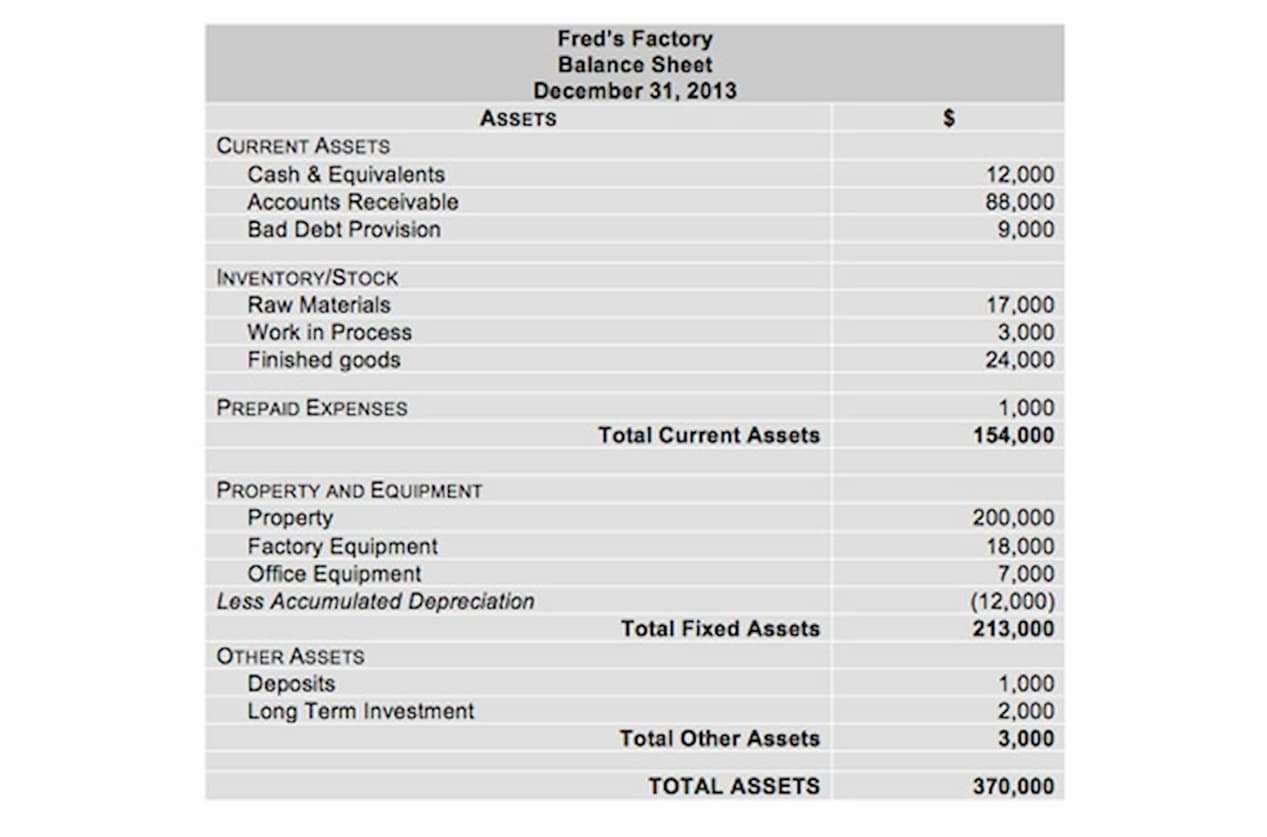
The primary financial statements include the income statement, balance sheet, and cash flow statement. Most small business owners will not create an entry for this type of liability because employees are paid shortly after the pay period. However, it’s important business owners monitor their accounts around payday to make sure there’s enough money for payroll and any tax payments. On a day-to-day basis, your bookkeeper will typically be responsible for recording do bookkeepers do payroll the financial transactions of your business.
Salary and job outlook
- An additional advantage of these bookkeeping programs is that they automatically withhold and submit taxes at the right time.
- An understanding of accounting principles also empowers bookkeepers to make informed strategic decisions for the business.
- When setting up the process, determine a pay schedule that you will stick to.
- Even though bookkeepers are not accountants or payroll professionals, there might be times when they need to do some accounting or payroll work.
Along with accounts receivable, many bookkeepers also handle their clients’ accounts payable. That means the bookkeeper will handle all of the vendor bills that the company receives. Bookkeepers will note payment deadlines from each vendor, early payment discounts if available, and submit payment to the vendor. As a company grows, bookkeepers can add on an additional approvers to give the thumbs up for payments. Properly managing your accounts payable is important for maintaining relationships with suppliers and keeping positive trade credit terms.

Bookkeeper salary
An accountant can advise you on ways to conserve costs and increase profits and help you understand the financial impact of business decisions. Bookkeepers ensure ledger account that all of a company’s expenses, income, and transactions are recorded in the company’s books and reconcile the company’s financial accounts, typically on a monthly basis. Bookkeepers might also help with financial statement and financial report preparation.

What a bookkeeper can do for your small business
- Understanding what’s the difference between traditional bookkeeping tasks and modern responsibilities is essential.
- In these initial entries, you also record any employment taxes you owe.
- However, you want to at least include education, experience and licensing requirements in your job description.
- Working together, bookkeepers and accountants form a crucial part of a business’s financial infrastructure, ensuring accuracy, compliance, and a strong basis for decision-making.
Accounting and bookkeeping are both critical aspects of sound business financial management, but the two roles differ. Bookkeepers primarily handle business recordkeeping, while accountants create financial statements, prepare tax returns, analyze cash flow strategies and more. We’ll highlight the differences between these financial professional roles to help businesses decide the best way to handle their books and taxes. A bookkeeper is responsible for recording daily financial transactions, updating a general ledger and preparing trial balances for perusal by accountants. They maintain and file requisite documents for taxation compliance. They monitor cash flow and produce financial reports to assist managers in taking strategic decisions.
But business owners should keep in mind how many hours they’ll need to pay out in the future. Payroll software can automatically calculate pay and deductions, create paystubs and generate reports for the IRS. If you pay by the hour, you can get employees to clock in and out of shifts on their phone and set up the app so the data flows into an online timesheet. Bookkeepers classify activities, reconcile accounts, and balance entries according to GAAP accounting standards.

Services

The information provided on this website does not, and is not intended to, constitute legal, tax or accounting advice or recommendations. All information prepared on this site is for informational purposes only, and should not be relied on for legal, tax or accounting advice. You should consult your own legal, tax or accounting advisors before engaging in any transaction. The content on this website is provided “as is;” no representations are made that the content is error-free. A skilled bookkeeper can navigate the complexities of your business’s money flow to free you up to focus on what you do best. In this article, explore how a bookkeeper can streamline your finances and empower you to make informed decisions.

Leave a Reply